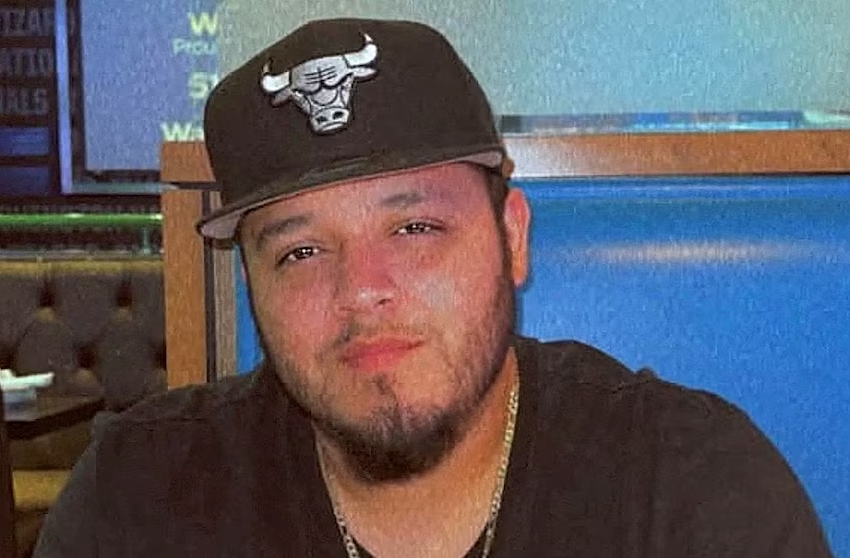Why Eswatini? Inside the surprising deportation choice for Kilmar Abrego Garcia

Kilmar Abrego Garcia Profile: Why Trump is Sending Him to Eswatini
In a decision that has sparked debate, the Trump administration is preparing to deport Kilmar Abrego Garcia, a Salvadoran national, to Eswatini, a country with which he has no personal, cultural, or legal ties. This move follows a long legal saga in which multiple countries were considered but blocked due to human rights concerns.
The choice of Eswatini underscores the U.S. government’s growing reliance on smaller nations with third-country agreements, raising questions about whether policy convenience is being prioritized over humanitarian obligations. Immigration advocates warn that such decisions set a precedent for unpredictable deportation practices.
What Is Eswatini and Why Choose It?
Eswatini, formerly known as Swaziland, is one of the last absolute monarchies in the world. Landlocked between South Africa and Mozambique, it has limited geopolitical ties to the U.S., yet has recently become a partner in accepting deportees under specific immigration arrangements.
Analysts say the decision to send Abrego Garcia there highlights a strategic loophole in U.S. deportation law. By choosing nations like Eswatini, the administration sidesteps prolonged disputes with countries unwilling to accept certain migrants. But critics argue this approach exposes individuals to unnecessary risk, especially when no cultural or support systems exist in their new destination.
READ ALSO
Who is Kilmar Abrego Garcia? The man Trump wants deported to Eswatini
Kilmar Abrego Garcia detained by ICE: What to know about his case
Eswatini receives first Third‑Country deportees under new U.S. policy
Legal Concerns: Due Process, Human Rights, and Secrecy
The legality of deporting Abrego Garcia to Eswatini is under fierce scrutiny. His attorneys argue that the move violates U.S. obligations under international law, particularly since he has expressed credible fears of torture and persecution if sent back to El Salvador. Deporting him to a country where he has no ties could result in secondary deportation without protection.
Human rights groups add that deportees to Eswatini have previously faced detention without clear legal recourse. The lack of transparency in such cases deepens concerns that U.S. policies may be outsourcing detention and due process violations, shielding them from public accountability.
What’s Next in the Legal Battle
At present, Abrego Garcia’s deportation is on hold while federal courts review the administration’s latest order. Judges have previously blocked similar attempts when his attorneys successfully demonstrated a “credible fear” of persecution. Whether courts will rule the Eswatini decision lawful remains to be seen.
Looking forward, immigration experts say this case could become a landmark test of the Trump administration’s broader deportation strategy. The outcome will determine not only Abrego Garcia’s fate but also the extent to which the U.S. can pursue deportations to countries with little or no connection to the individuals involved.

